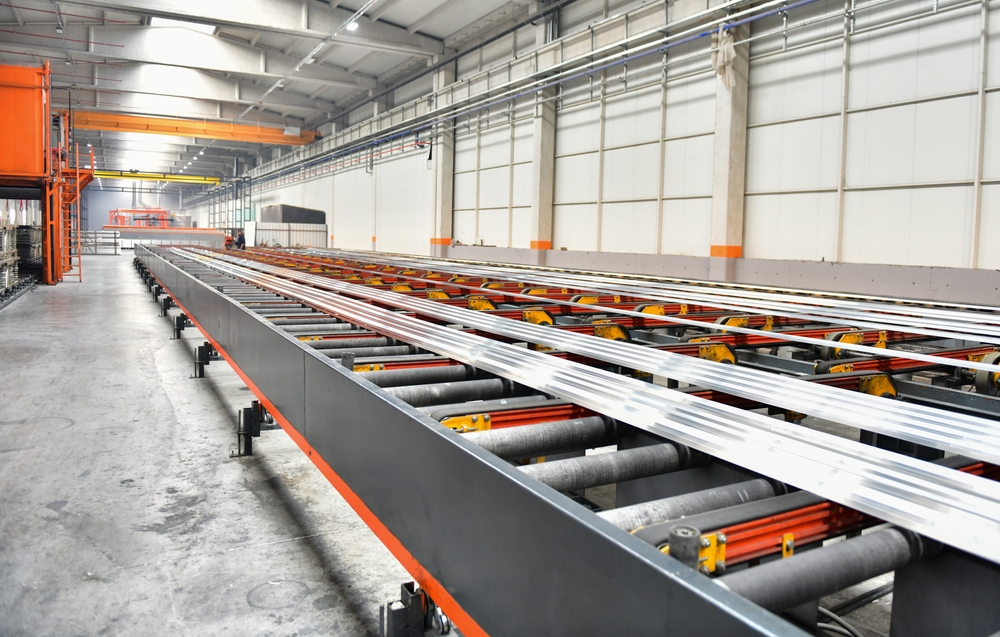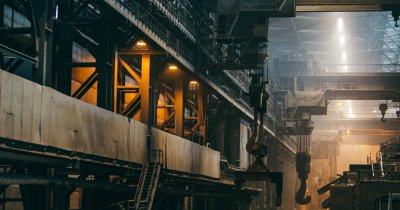According to Reuters, European Union officials added aluminum on the list of critical materials for the energy transition last year, as it is used in applications such as electric cars, due to its lower weight, which boosts range, without sacrificing safety.
The manufacturing of aluminum from virgin sources is a very energy-intensive process and since a large amount of the world's aluminum is produced in China, manufacturers look at alternative sources to obtain the material. In China, aluminum production is heavily-reliant on coal, so each ton of manufactured aluminum is responsible for the release of 20 tons of CO2, while in European plants, the footprint is less than 7 tons.
Hydro's upcoming facility in northern Spain will be even more sustainable than that, being able to generate only 4 tons of emissions per ton of aluminum produced once it goes into operation in 2026. The construction of the Torija factory will commence in the second half of this year.
Hydro Executive Vice President Eivind Kallevik said that "we see increasing demand for low carbon aluminum from consumers and increasing interest in how our material is produced. It's an important shift from five years ago. Companies are now more interested in the embedded carbon footprint of the cars they produce."
Recycled aluminum is 95% less energy-intensive compared to first-hand aluminum and Hydro will be able to process 70.000 tons of used aluminum per year at its Spanish factory. The metal will be sourced from European suppliers and the new product will be used in the automotive, renewable energy and construction industries.
Using carbon capture and storage solutions and renewable energy, Hydro hopes to bring some of its aluminum production close to net-zero by the next decade.
 Mihai - Cristian Ioniță
Mihai - Cristian Ioniță












Any thoughts?